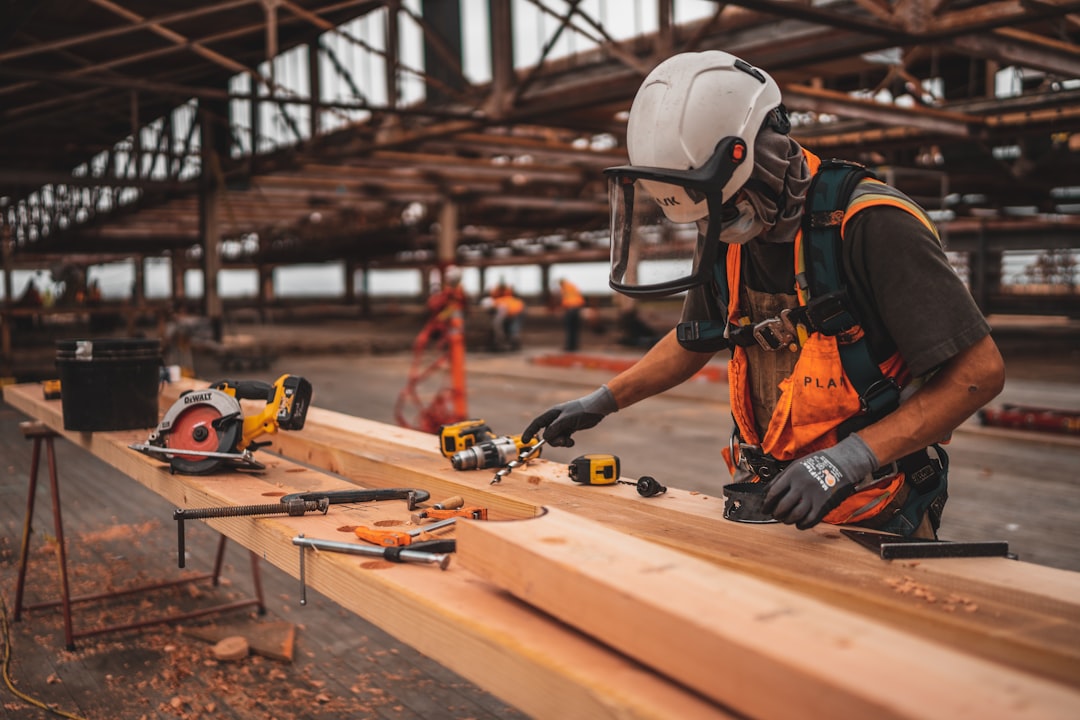Modeling is a profession that has evolved over the years from a simple job of posing for photographs to a complex one that requires talent, creativity, and a certain level of professionalism. A professional model is someone who is dedicated to a career in the fashion and beauty industry, who exemplifies grace and poise, and who possesses an undeniable air of confidence.
There are many different types of modeling, and each requires a unique set of skills. Some models focus on commercial or print work, while others prefer to work in the fashion industry. Additionally, there are runway models, fitness models, plus-size models, and many more. However, one thing that all successful models have in common is their commitment to their craft and their unwavering dedication to being the best.
So, what does it take to become a professional model? It all starts with a strong work ethic and a dedication to personal growth. Successful models are constantly improving themselves, whether that means working on their walk, practicing posing in front of a mirror, or keeping up with the latest fashion trends.
In addition to their physical appearance, professional models must also possess a level of professionalism that sets them apart. This means showing up on time, being prepared for every shoot or casting, and maintaining a positive attitude even when things don’t go as planned. Professional models are also capable of taking direction from photographers, designers, and other industry professionals, while still adding their own unique flair to each shoot.
Another key aspect of being a professional model is self-care. While the fashion industry is undoubtedly glamorous, it can also be incredibly demanding on the body and mind. Therefore, models must prioritize their health and wellness in order to perform at their best. This means eating a healthy diet, exercising regularly, getting enough sleep, and managing stress effectively.
Of course, no article about modeling would be complete without discussing the physical requirements of the job. While there is no one-size-fits-all answer, the industry generally favors taller models with a lean physique. However, there are exceptions to every rule, and many successful models have defied traditional beauty standards. Ultimately, what matters most is the ability to present oneself with confidence and grace, regardless of body type or physical characteristics.
In addition to physical requirements, there are many other skills and attributes that are essential for success in the modeling industry. For example, models must be able to adapt to different environments and situations, whether that means shooting on location or working with a new team. They must also possess excellent communication skills, from negotiating rates to working with other models on set.
Perhaps most importantly, professional models must be able to handle rejection with grace and professionalism. The reality is that not every casting or job will go their way, but it is important for models to take each setback as a learning experience and not let it impact their self-confidence.
A career as a professional model requires a unique combination of talent, skill, and dedication. From the physical requirements to the mental and emotional fortitude necessary to succeed in a highly competitive industry, a professional model must possess a wide range of abilities in order to thrive. However, for those who are willing to put in the work, the rewards can be plentiful, from exciting travel opportunities to the chance to work with some of the most talented creatives in the fashion industry.








